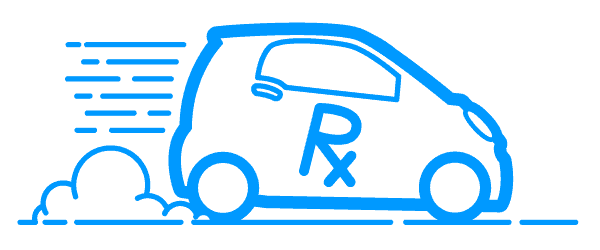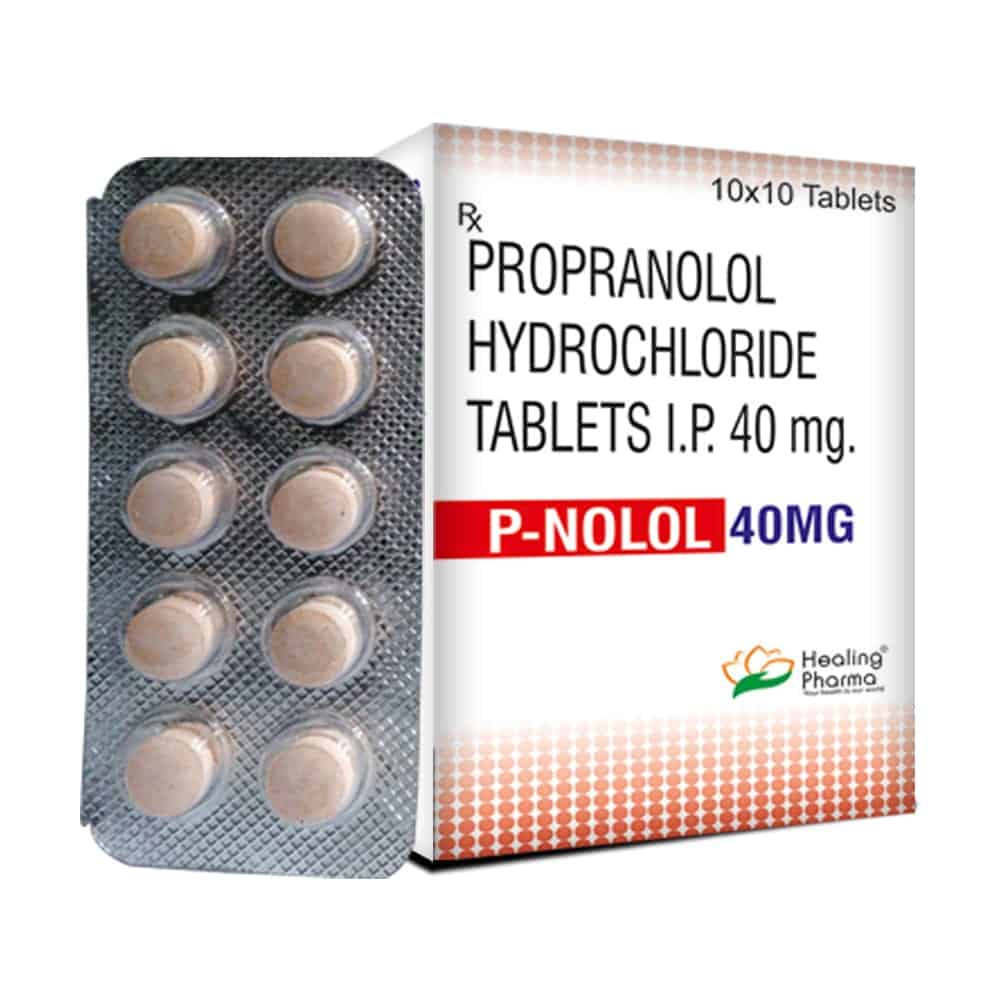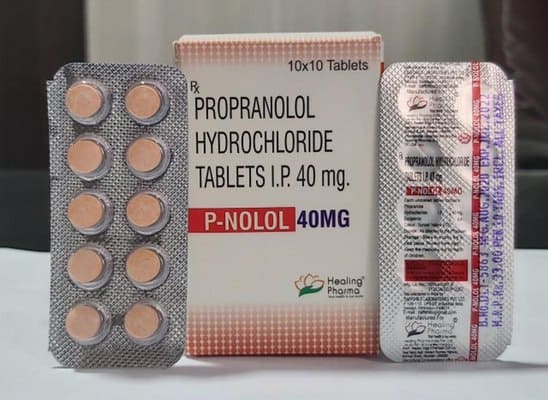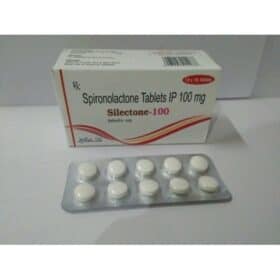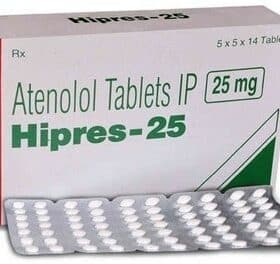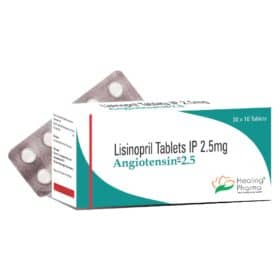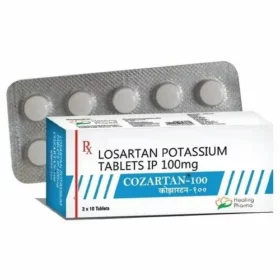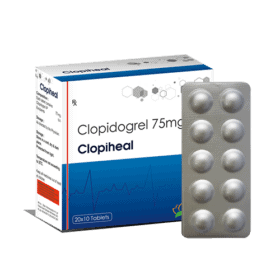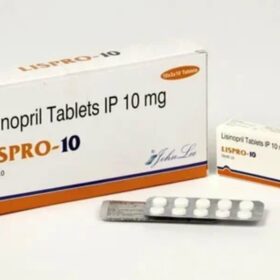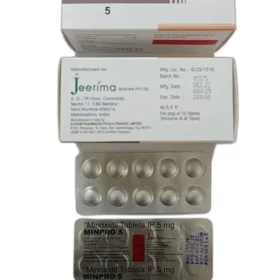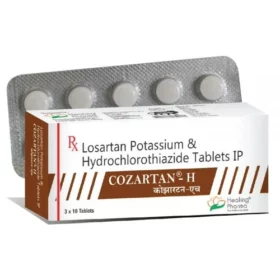- Your cart is empty
- Continue Shopping

Product
Product introduction
P-Nolol 40 helps decrease anxiety and relieve tremors. It is also used to help prevent migraine, heart-related chest pain (angina), and bleeding in the stomach caused by high blood pressure in the liver (portal hypertension).
P-Nolol 40 may also be used to treat high blood pressure and some types of abnormal heartbeat (arrhythmia). The dose will depend on what you are being treated for and how you respond to the medicine. You should always take it as prescribed by the doctor. It should be taken on an empty stomach and at about the same time each day. You should keep taking it even if you feel well, as you are still getting the benefits. If you stop taking it suddenly, your condition may worsen.
The most common side effects are tiredness, weakness cold fingers and toes (Raynaud phenomenon), irregular or slow heartbeat, numbness in your fingers, and breathlessness. You may also experience nausea, vomiting, and diarrhea. Talk to your doctor if the side effects bother you or do not go away. Most side effects are short-lived and improve as your body gets used to the medicine.
You should not use this medicine if you have asthma, very slow or uneven heartbeats, or a serious heart condition, including heart failure. Talk to your doctor before taking it if you have kidney or liver problems or chronic obstructive pulmonary disease (COPD). In terms of lifestyle, alcohol may affect the way this medicine works and should be avoided. You should not drive if this medicine makes you feel dizzy. Ask your doctor whether it is safe to take this medicine if you are pregnant or breastfeeding.
Uses of P-Nolol 40
- Treatment of Pheochromocytoma
- Treatment of Hypertension (high blood pressure)
- Prevention of migraine
- Treatment of Anxiety
- Treatment of Arrhythmia
- Prevention of Heart attack
- Prevention of Angina (heart-related chest pain)
- Treatment of Tremors
Benefits of P-Nolol 40
In Treatment of Pheochromocytoma
In Treatment of Hypertension (high blood pressure)
In Prevention of migraine
In Treatment of Anxiety
In Treatment of Arrhythmia
In Prevention of Heart attack
In Prevention of Angina (heart-related chest pain)
In Treatment of Tremors
Additional Information
| # of Tablets | 50 Tablets, 80 Tablets, 120 Tablets, 150 Tablets, 180 Tablets, 210 Tablets, 240 Tablets, 270 Tablets, 300 Tablets, 360 Tablets, 420 Tablets, 480 Tablets, 540 Tablets, 600 Tablets, 660 Tablets, 720 Tablets, 840 Tablets, 960 Tablets, 1080 Tablets |
|---|
